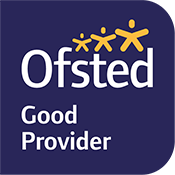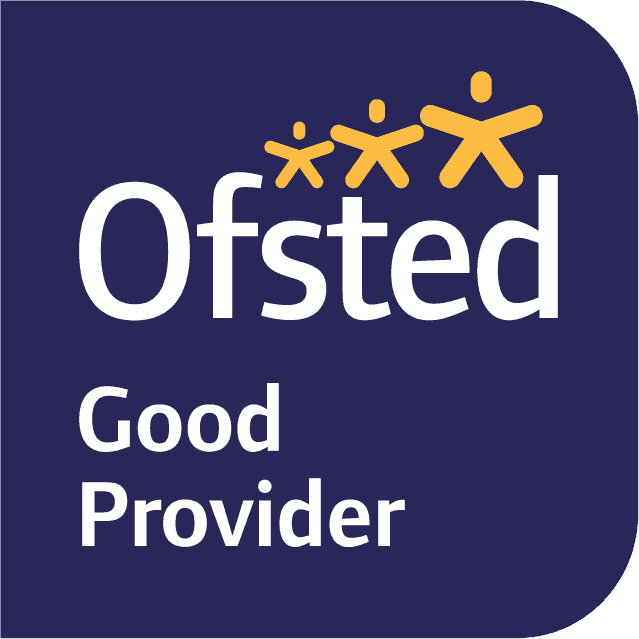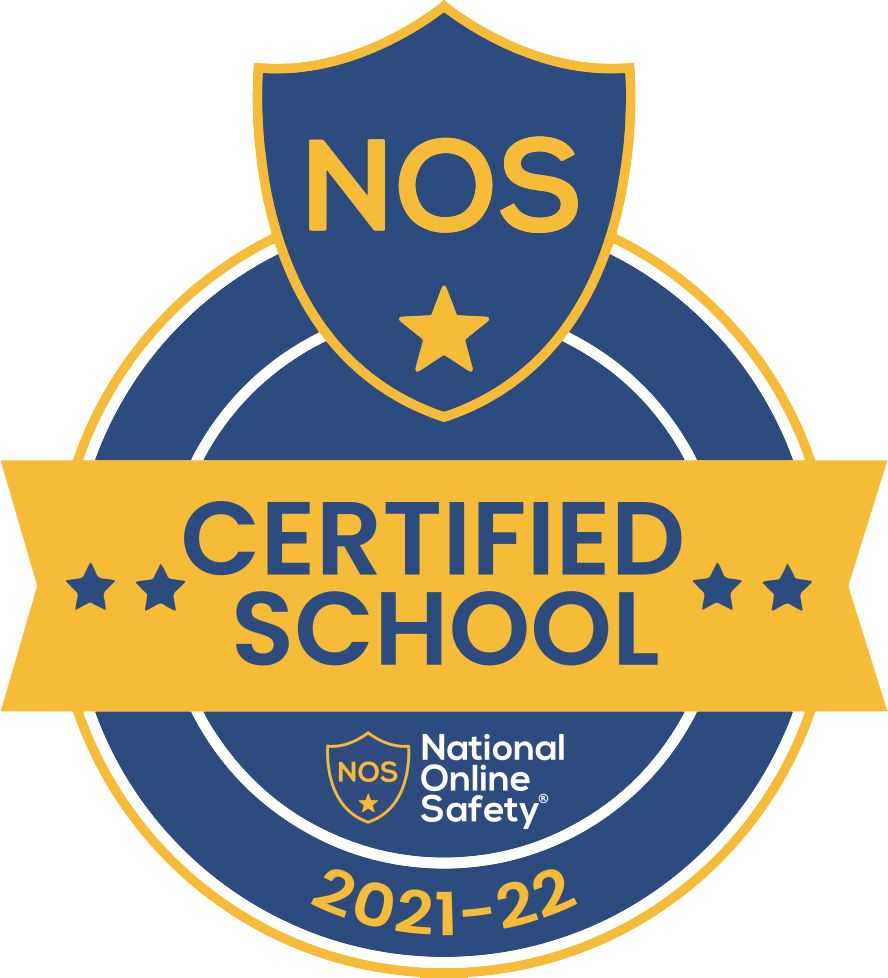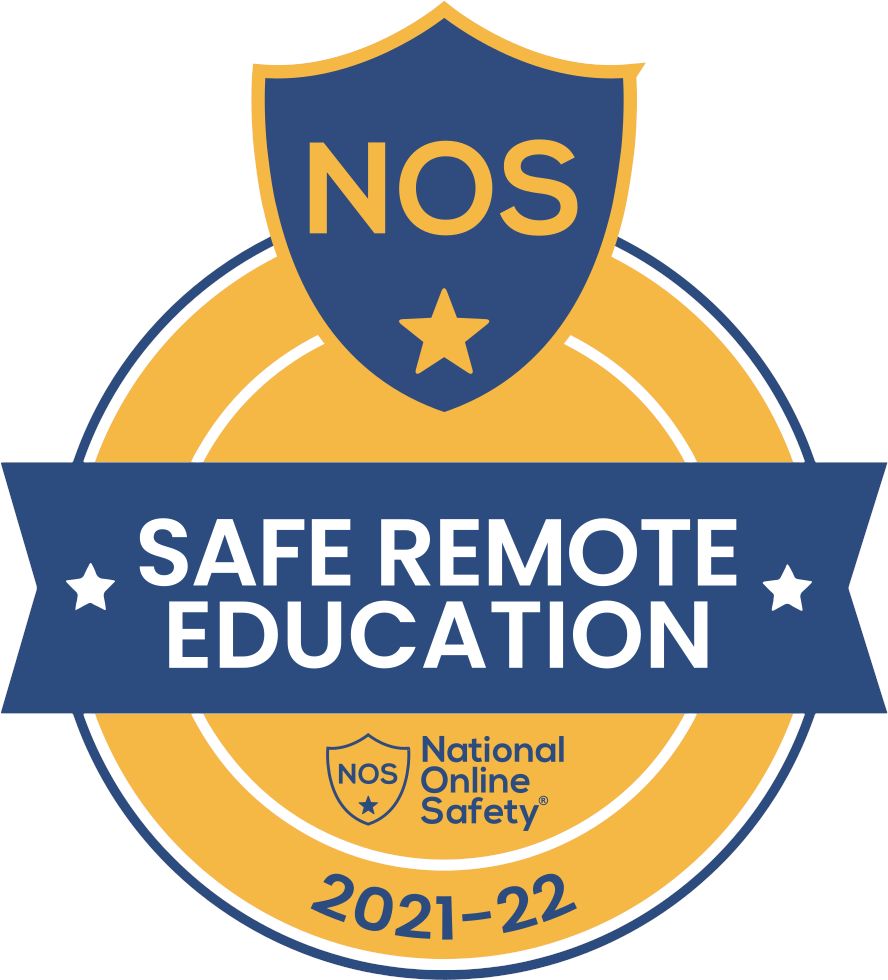Religious Studies
Religious Studies subject Intent:
The New Agreed Syllabus
Three key priorities have been introduced in the revised RE curriculum, reflecting national developments and changes since the previous syllabus:
1. Worldviews approach in RE: This syllabus adopts the concept of 'worldviews' to encompass a wide range of beliefs and values that shape human understanding and experience, whether religious or non-religious.
2. Using disciplinary lenses: The revised curriculum highlights the importance of drawing on different lenses to teach and learn within RE; including a theological lens, a sociological lens, and a philosophical lens. This integrated approach enables pupils to gain a deeper yet balanced understanding of the subject.
3. Focus on the lived experience and diversity within worldviews: Pupils will explore how people live out their worldviews in everyday life; Pupils will examine how different contexts can result in various interpretations of sacred texts, and traditions influence individuals; highlighting the complexities and diversity within religious and non-religious worldviews.
Standing Advisory Council on Religious Education (SACRE) | North Northamptonshire Council
KS3 Religious Studies curriculum
In Religious Studies students will develop knowledge, understanding and evaluation of religious beliefs, teachings, and sources of wisdom and authority, including reading of key religious texts, other texts, and scriptures. The syllabus has been crafted through the foci of three disciplinary lenses to ensure a balanced approach; these are Theology, Social Sciences and Philosophy.
As the future citizens of a diverse society and globalised world, students will acquire the tools and knowledge to co-exist peacefully with others, to listen empathetically and to disagree respectfully. Through the study of different religious beliefs and world views, students will breakdown misconceptions, ignorance and stereotypes.
Religious Studies subject Intent:
Our intent is comprised of the following 3 sections:
- Our vision for the subject/faculty and the purpose it serves for our pupils
- Defining what the key concepts and core domains of knowledge are, that pupils will learn about
- The end points our curriculum is working towards
Our vision
- Aspiration – To expose students to religious literacy to develop critical thinking, tolerance and understanding of difference and mutual respect needed for the world of work which is increasingly globalised and diverse. Religious Studies helps students to interact with colleagues and clients from different backgrounds. The ‘Talking Points’ allow students to share their viewpoints as well as gaining an insight into different ideas and views.
- Core knowledge – In Year 7 students study different World Religions and reflect on what it means to be part of a religion, including what followers may do the same, but also what they may do differently. They will also study and evaluate different responses to Prejudice and Discrimination. In Year 8 they develop ethical enquiry and learn about Evil and Suffering and Moral Issues including abortion, euthanasia and the death penalty. In Year 9 they explore a range of religious and non-religious attitudes to Marriage and the Family, Peace and Conflict and Crime and Punishment. At KS4 students follow Edexcel B and learn Beliefs and Ethics from a Christian perspective and build on KS3 knowledge by studying Marriage and the family from a Christian standpoint, Muslim attitudes and responses to Peace and Conflict and Muslim and non-religious responses to Crime and Punishment.
- Skills – Religious Studies allows students to learn about the wisdom traditions of different religions and encourages reflection on questions of spiritual and moral significance. This presents important opportunities for self-knowledge and personal development in young people. Religious Studies has strong links to British values and allows for the acceptance of diversity, challenging stereotypes, and the media representations of groups. A broad and balanced curriculum allows students to learn about and from religions and worldviews.
- Developing cultural capital – Students will gain an insight into different ideas and views through creative activities, discussion, and role play. Visiting places of worship such as Lincoln Cathedral in Year 7 and talking to guest speakers from different backgrounds will help the students to see the subject as something that is lived and experienced, rather than something that is just learnt about.
- Developing character – enabling our students to RISE. In particular developing our Core Values of:
- Respect – Religious Studies considers the beliefs and practices of different religious traditions and non-religious views to increase tolerance and mutual respect. Students develop their own ideas, values and identities and learn how people can live together respectfully in a pluralistic society.
- Independence – Religious Studies teaches students to conduct research, enquire and debate a range of worldviews in order to make sense of the world in which they live. They can deploy the skills and inform their own decisions.
- Service – Religious Studies teaches students about those who serve the community and the impact this service has had on society today. They learn the values that should underpin our vision for a cohesive community.
- Empathy – Religious Studies allows for the consideration of thoughts, feelings, experiences, attitudes, and beliefs. It develops the power of imagination, love, wonder, forgiveness, and sorrow and ultimately allows for the ability to see the world through the eyes of others.
- Identifying and addressing context specific need – Our pupils are all unique and valued members of our community. The Religious Studies curriculum is thoroughly planned to allow each student to thrive and achieve. Students with specific needs are supported through a variety of methods from support in lessons to financial help for trips.
- Learning is sequential – The Religious Studies curriculum is sequenced to allow students’ knowledge and understanding to grow and build on prior knowledge. Students are taught using DNAs to recall knowledge. Students are taught with retrieval tasks to ensure that their knowledge builds and embeds over time.
Our key concepts and core domains of knowledge
At Key Stage 3, learners will experience a broad a rich curriculum comprising:
Year 7 - World Religions, Prejudice and Discrimination and Worldviews
Year 8 - Evil and Suffering and Moral Issues
Year 9 - Marriage and the family, Peace and Conflict and Crime and Punishment
At Key Stage 4, learners will study GCSE Religious Studies. Over the life of the course, learners will study:
Christianity – Beliefs and Ethics
- Christian Beliefs
- Marriage and the family
- Living the Christian life
- Matters of life and death
Islam – Peace and Conflict
- Muslim Beliefs
- Crime and Punishment
- Living the Muslim life
- Peace and Conflict
Key Stage 5:
Sixth form Religious Education is intended to support and recognise the achievements of all students at Key Stage 5. The flexible course of study explained in these requirements promotes the religious imagination and the development of key skills. It provides for students with a variety of aptitudes, abilities and needs that may not be fully met through current AS and A Level examination syllabuses and encourages all students to explore ways of communicating and presenting their knowledge and understanding of religion in a variety of media. In this way sixth form Religious Education caters for and affirms a range of learning styles, individual interests and gifts and talents of students. See Sixth Form RE Provision for more information: The Kingswood Secondary Academy - Religious Education at Post 16
Standing Advisory Council on Religious Education (SACRE) | North Northamptonshire Council
By the end of each year our learners will be able to:
|
Year 7 |
Year 8 |
Year 9 |
Year 10 |
Year 11 |
|
Disciplinary lenses: Theology Social Sciences Philosophy
1. World Religions 2. Prejudice and Discrimination and Worldviews
Students will explore how people live out their worldviews in everyday life. They will examine how different contexts can result in various interpretations of sacred texts, and how traditions influence individuals, highlighting the complexities and diversity within religious and non-religious worldviews. They will reflect on what it means to be part of a religion, including what followers may do the same, but also what they may do differently. Students will explore ideas of living in a multicultural, multifaith and diverse society. They will develop the skill of description, explanation, analysis, and evaluation by developing an understanding of the influence of beliefs, values and traditions on individuals, communities, societies, and cultures. They will be able to extend their knowledge and the ability to articulate their ideas by responding to ‘Talking Points’. This will also allow them to make judgements and reach conclusions based on presented evidence.
The units of study will develop a positive attitude towards other people, respecting their right to hold beliefs different from their own and towards living in a society of diverse religions and beliefs.
|
Disciplinary lenses: Theology Social Sciences Philosophy
1. Evil and Suffering 2. Moral Issues 3. Festivals and Celebrations
Students will extend their knowledge and understanding of different religious and non-religious worldviews when studying Evil and Suffering and Moral Issues. This includes enquiry into, and investigation of the nature of evil and suffering, religious beliefs and non-religious attitudes relating to abortion and euthanasia, teachings about a variety of moral and ethical issues, ways of life, religious sources, practices and forms of expression. Students will explore how people live out their worldviews in everyday life by learning from religious festivals and celebrations. They will continue to develop an understanding of ultimate questions and ethical issues from religious and non-religious perspectives.
The units allow the students to reflect on and respond to their own and others’ experiences considering the wide range of beliefs and values that shape human understanding and experience. They will develop analysis and evaluation and build on the skills from year 7 to communicate their own ideas, particularly in relation to purpose and truth and values and commitment. Students will continue to develop a positive attitude towards other people, respecting their right to hold beliefs different from their own and towards living in a society of diverse religions and beliefs.
|
Disciplinary lenses: Theology Social Sciences Philosophy
1. Marriage and the family 2. Responses to conflict 3. Crime and Punishment
Students will extend their knowledge and understanding of different worldviews when studying Marriage and the family, Peace and Conflict and Crime and Punishment. This includes enquiry into, and investigation of marriage and cohabitation, divorce, contraception, different family types, gender prejudice and equality, the reasons for conflict, religious and non-religious responses to conflict, attitudes to peace and forgiveness, reasons why some people break the law and arguments for and against different types of punishment. They will communicate their knowledge and understanding using specialist vocabulary. Students will continue to develop an understanding of ultimate questions and ethical issues from religious and non-religious perspectives.
The three units of study allow the students to reflect on and respond to their own and others’ experiences considering their learning about religious and non-religious worldviews. They will develop analysis and evaluation and build on the skills from year 7 and year 8 to communicate their own ideas, particularly in relation to different social issues and ideas about truth, values, and commitment.
|
Year 10 focus - Christian Beliefs, Marriage and the family, Muslim Beliefs, Living the Muslim life, Living the Christian life, Crime and Punishment.
Students will develop knowledge, understanding and evaluation of Christian and Muslim beliefs, teachings, and sources of wisdom and authority, including the reading of key religious texts, other texts, and scriptures. Students will engage with questions of belief, value, meaning, purpose, truth, and their influence on human life. They will build on their understanding of the influence of religion on individuals, communities, and societies. Students will construct well-informed and balanced arguments on matters concerned with religious beliefs and values and non-religious viewpoints. They will explore core Christian and Muslim values, beliefs, behaviour and attitudes – what they do and what influences their lives. Students will explore Christian and Muslim commitments and responsibilities. They will explain and evaluate different attitudes towards marriage and the family and crime and punishment.
Students will build on KS3 Core Knowledge to continue to construct well-informed and balanced arguments on matters concerned with religious beliefs and values (AO2). They will further embed the skills of AO1 knowledge and understanding linked to sources of wisdom and authority and AO2 analysis and evaluation.
|
Year 11 focus – Crime and Punishment, Matters of life and death, Peace and Conflict. Christianity and Islam revision topics.
Students will build on their understanding and apply knowledge of the core Christian beliefs and attitudes towards matters of life and death and the core Muslim beliefs and attitudes towards crime and punishment and peace and conflict. They will enhance their KS3 and KS4 knowledge Core Knowledge and key concepts to answer exam style questions from two different religions (Christianity and Islam). Students will build on significant common and divergent views between and/ or within religions and beliefs. They will construct well-informed and balanced arguments on matters concerned with religious beliefs and non-religious worldviews and values.
They will further embed the skills of AO1 knowledge and understanding and AO2 analysis and evaluation. Students will use specific technical and religious language (Arabic terms) and be able to formulate an argument which is substantiated with evidence and teachings. Students will develop an aptitude for dialogue so that they can participate positively in our society with its diverse religious and non-religious worldviews. They will continue to clearly articulate their personal beliefs, ideas, values and experiences while respecting the right of others to differ.
|







